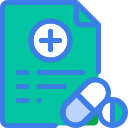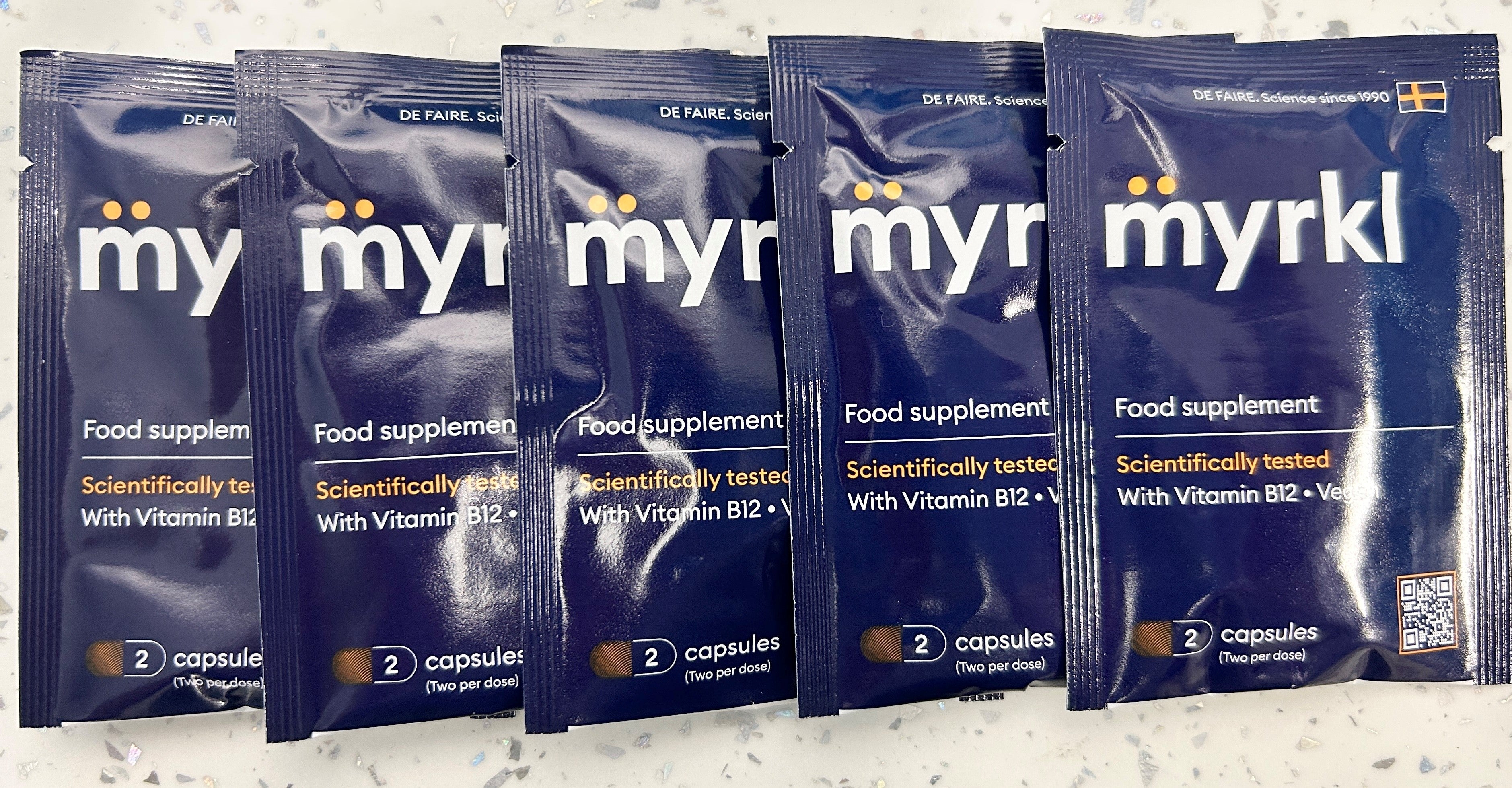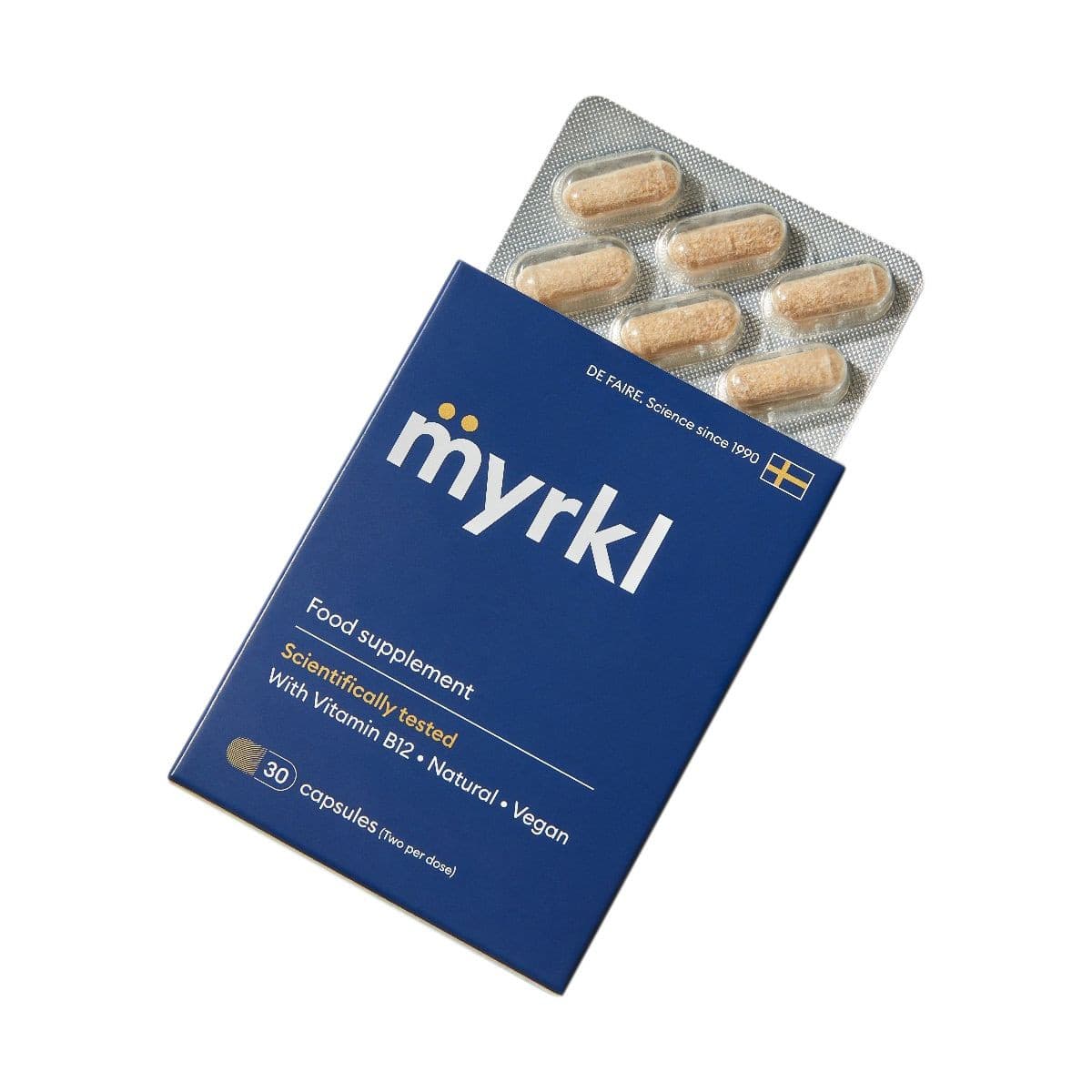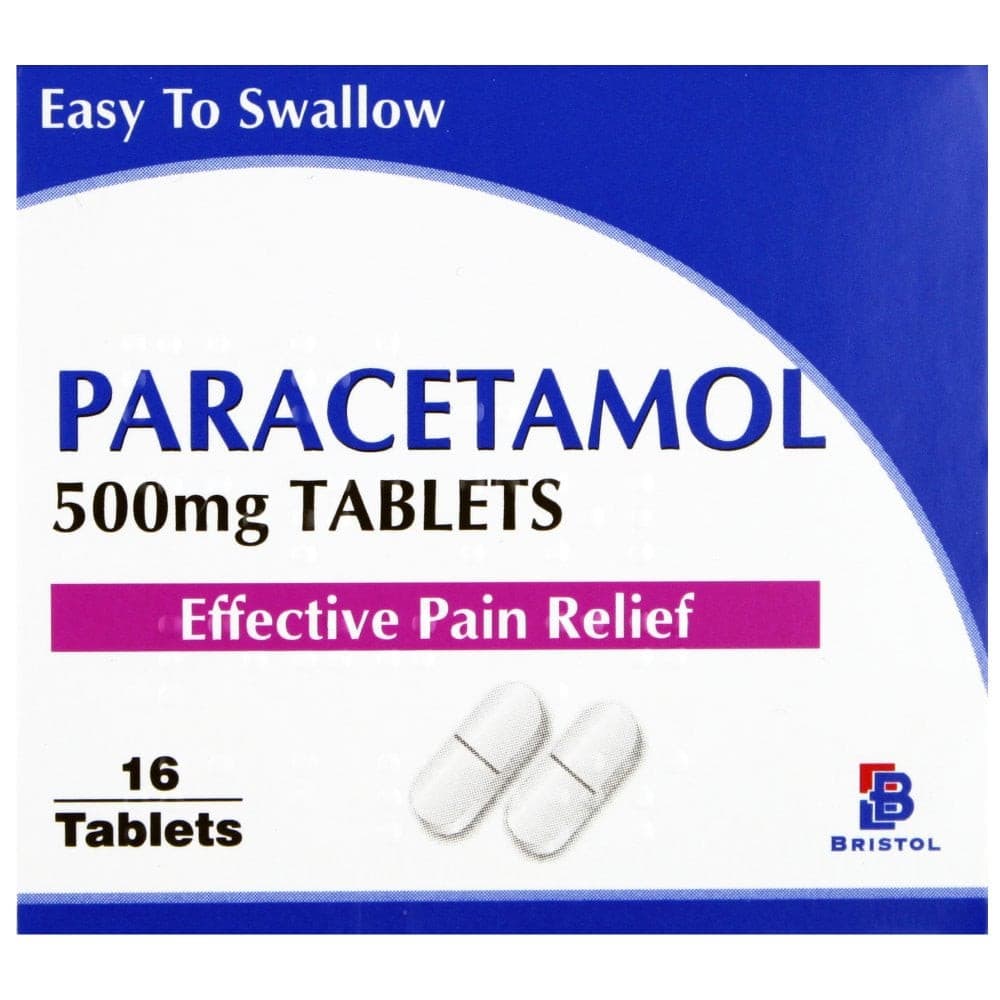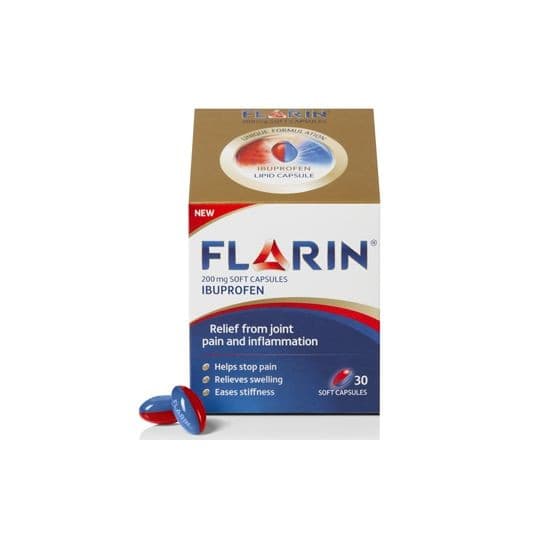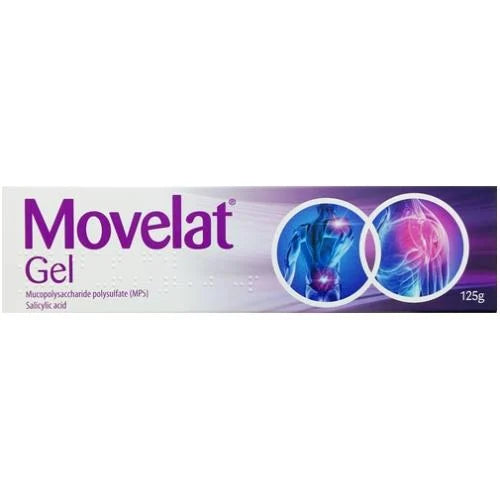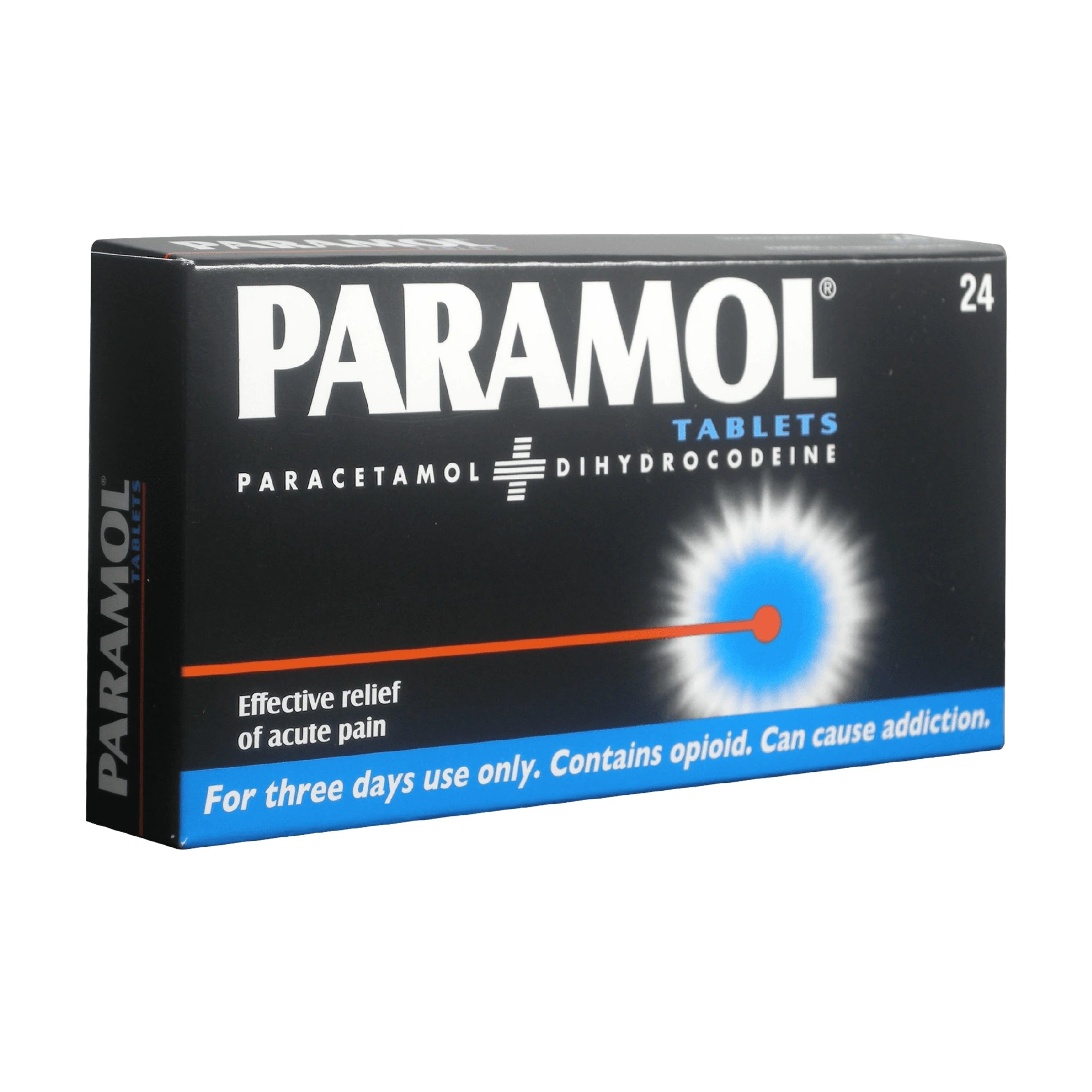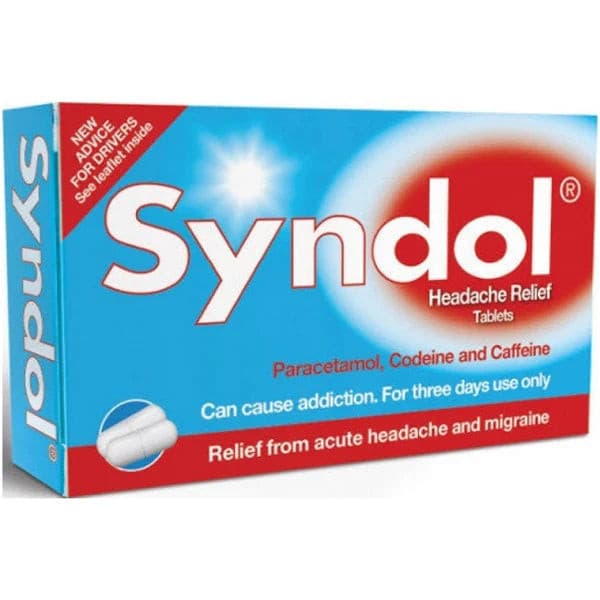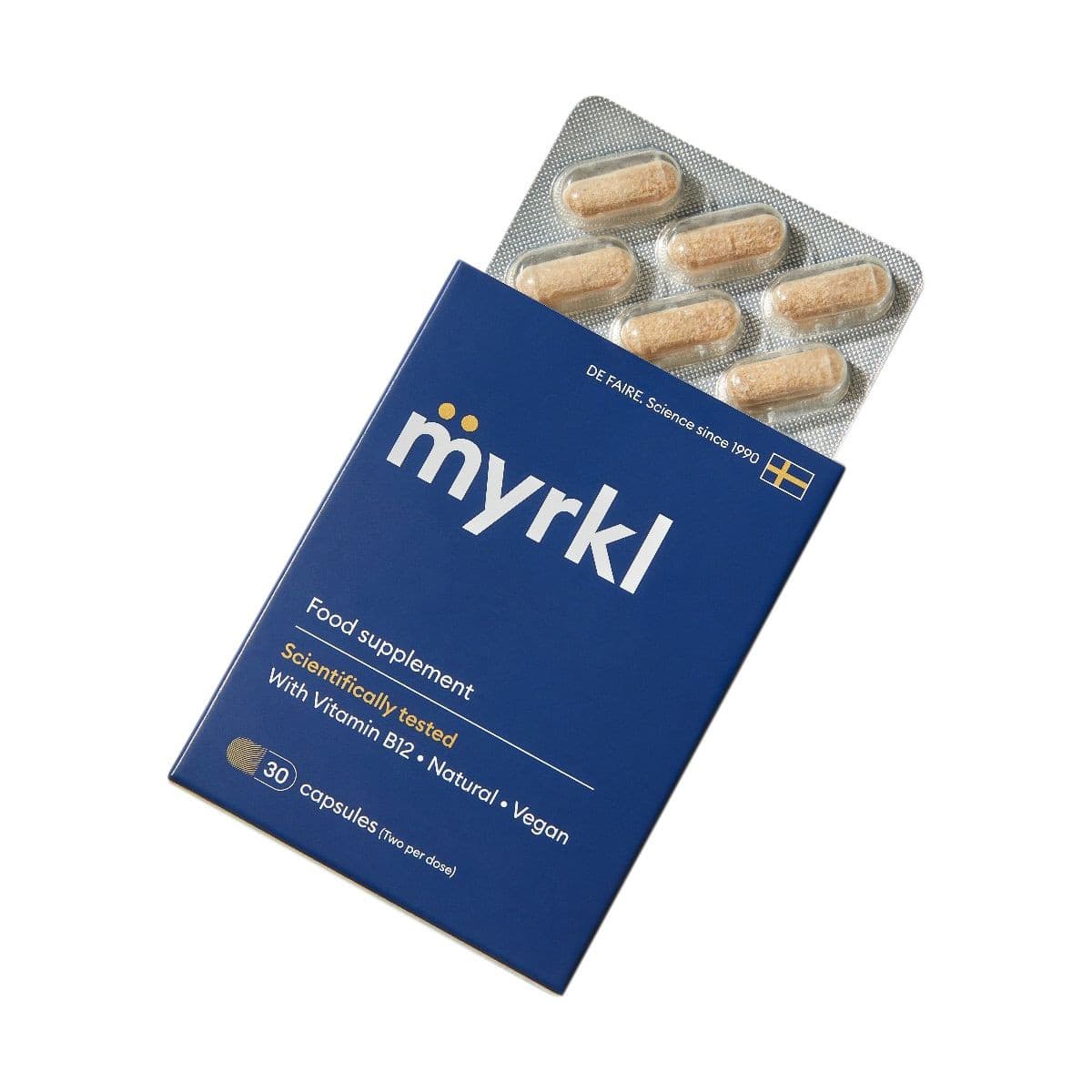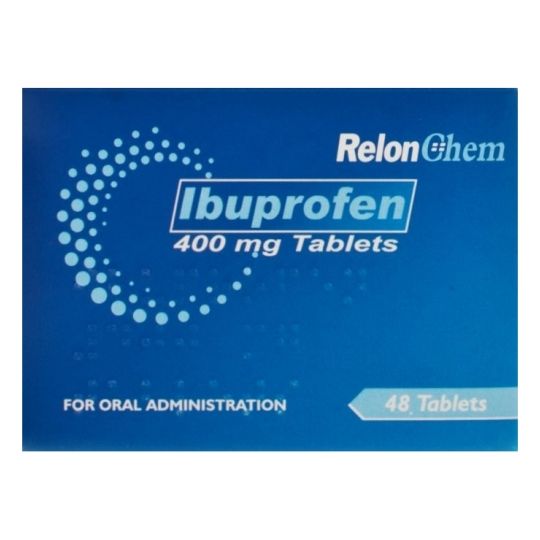Why People Choose Us

Quick & Easy
No appointment or long waiting times

Discreet Packaging
Plain packaging with no medical stamps or marks

Confidential Service
Your information stays with us and private payment

UK Medication
Dispensed by registered UK pharmacists
Write Up
Period Pain Reliever 250mg Tablets
Period Pain Reliever 250mg Tablets help relieve period pain (also called menstrual pain or dysmenorrhoea) in women aged 15 to 50 years old.
Period Pain Reliever 250mg Tablets contain the active ingredient Naproxen, which belongs to a group of medicines called non-steroidal anti-inflammatory drugs (NSAIDs). The tablets are gastro-resistant, which means that they are covered with a coating which stops the tablets dissolving in the stomach, so that the naproxen is released further down in your gut.
Always take this medicine exactly as described in this leaflet or as your doctor or pharmacist has told you. Check with your doctor or pharmacist if you are not sure.
- Swallow whole with water, with or after food. Do not crush or chew the tablets.
- You should take the lowest effective dose for the shortest amount of time, to control your symptoms. This will reduce any side effects you may experience.
Women aged 15 to 50 years old:
- First day of treatment: Initially take two tablets (500mg) then if needed, one tablet (250mg) after 6-8 hours.
- Second and third day of treatment: If needed, take one tablet (250mg) every 6-8 hours.
Do not take more than the maximum dose of three tablets a day for longer than three days during each month (menstrual cycle). You must talk to a doctor if you do not feel better or if you feel worse after 3 days.
- Active Ingredient: Naproxen 250mg.
- Other Ingredients: Methacrylic acidethylacrylate copolymer (1:1), lactose, magnesium stearate, maize starch, crospovidone, propylene glycol, sodium hydroxide, triethyl citrate, titanium dioxide (EI71), potassium sorbate (E202), sodium citrate (E331), xanthan gum (E415), hydroxypropyl cellulose (E463), purified talc (E553), beeswax.
- If you are pregnant or breast-feeding, think you may be pregnant or are planning to have a baby, ask your doctor or pharmacist for advice before taking this medicine.
- Period Pain Reliever does not normally cause any effects, however you may experience dizziness, drowsiness, spinning sensation, difficulty in sleeping, depression or disturbed vision. If you are affected do not drive or operate machinery.
- Period Pain Reliever contains lactose. If you have been told by your doctor that you have an intolerance to some sugars, contact your doctor before taking this medicinal product.
- This medicine contains less than 1 mmol sodium (23mg) per tablet, that is to say essentially 'sodium-free'.
- If you need any blood or urine tests, tell your doctor you are taking Period Pain Reliever. The tablets may need to be stopped 48 hours before a test, as they may interfere with the results.
Do not take Period Pain Reliever 250mg Tablets but see a doctor instead if you:
- Are allergic to naproxen, medicines containing naproxen sodium or to any of the other ingredients of this medicine.
- Are allergic to aspirin, ibuprofen or other non-steroidal anti-inflammatory medicines (NSAIDs), or you have developed signs of asthma (wheezing), runny nose, swelling of the skin or rash when taking these medicines.
- Have or have had stomach or duodenal (gut) ulcers, bleeding in the stomach or intestines (gastrointestinal bleeding) or have had two or more episodes of stomach ulcer, perforation or bleeding.
- Have severe heart failure, liver or kidney failure.
- Are pregnant.
If you are not sure about any of the above conditions, please ask your doctor.
Talk to your doctor or pharmacist before taking Period Pain Reliever 250mg Tablets if you:
- Are on a low potassium diet, as this product contains potassium sorbate. High blood levels of potassium can cause stomach upset and diarrhoea.
- Have a history of gastrointestinal disease e.g. ulcerative colitis, Crohn's disease.
- Are elderly or frail, you have a higher risk of getting side effects, especially of the stomach.
- If you experience any unusual symptoms from the stomach, you must tell your doctor about it. Have or have had high blood pressure, a stroke or any heart, liver or kidney problem.
- If you have kidney or liver problems you should only take Period Pain Reliever 250mg Tablets under the supervision of your doctor, for monitoring of your kidney or liver function.
- Medicines such as naproxen may be associated with a small increased risk of heart attack (myocardial infarction) or stroke. Any risk is more likely with high doses and prolonged treatment. Do not exceed the recommended dose or duration of treatment.
- Have asthma, diabetes, high cholesterol.
- Are a smoker.
- Drink alcohol.
- Have systemic lupus erythematosus or other connective tissue disorders.
- Have Stevens-Johnson syndrome or toxic epidermal necrolysis (severe skin problems).
- Have any blood clotting disorders.
- First experienced period pain more than a year after starting your periods.
- Are a woman trying to become pregnant or undergoing investigation of infertility. Naproxen belongs to a group of medicines which may impair fertility in women. This effect is reversible on stopping the medicine. It is unlikely that naproxen, used occasionally, will affect your chances of becoming pregnant. However, tell your doctor before taking this medicine if you have problems becoming pregnant.
- Period Pain Reliever may hide the symptoms of an infection.
Tell your doctor or pharmacist if you are taking, have recently taken or might take any other medicines obtained with or without a prescription. Especially:
- Other non-steroidal anti-inflammatory drugs (NSAIDs) e.g. ibuprofen, COX II inhibitors (used for pain and inflammation).
- Aspirin/ acetylsalicylic acid to prevent blood clots.
- Antacids (to treat heartburn).
- Medicines to treat high blood pressure including angiotensin II receptor antagonists or ACE inhibitors, such as captopril, ramipril or propranolol.
- Diuretics ('water tablets'), such as furosemide.
- Cardiac glycosides (for heart failure), such as digoxin.
- Lithium (used for some mental health problems).
- Methotrexate (to treat some cancers).
- Ciclosporin, tacrolimus (to suppress the immune system).
- Mifepristone (used for termination of pregnancy). Period Pain Reliever should not be taken within 8-12 days of taking mifepristone.
- Corticosteroids (used in many different diseases), such as prednisolone.
- Medicines which thin the blood or prevent blood clotting such as warfarin.
- SSRI antidepressants (for depression), such as fluoxetine.
- Medicines used to treat Type 2 diabetes such as sulphonylurea.
- Quinolone antibiotics (to treat bacterial infections), such as ciprofloxacin.
- Probenecid (used for gout).
Hydantoins (in epilepsy) such as phenytoin. - Zidovudine (anti-viral).
- Colestyramine (for high cholesterol) (take naproxen 1 hour before or 4 to 6 hours after colestyramine to avoid interference with absorption).
3 Easy Steps for your Medication

Complete a FREE consultation.
Start a FREE 2 minutes Online Pharmacy 4U consultation which is checked by our independent pharmacist prescriber.
Select your Medication.
Once you have selected your medication, our panel of GPhC approved prescribers will check your consultation. Once approved it will be dispensed by Online Pharmacy4U.
Receive your Express delivery
With our next day delivery option, you can have your medications delivered to your door within hours in discreet packaging.Our Happy Customers
Rated Us for our Service Excellence
 Dispensed by Regulated UK Pharmacists
Dispensed by Regulated UK Pharmacists

 How it works
How it works Help
Help Account
Account
 Basket
Basket











